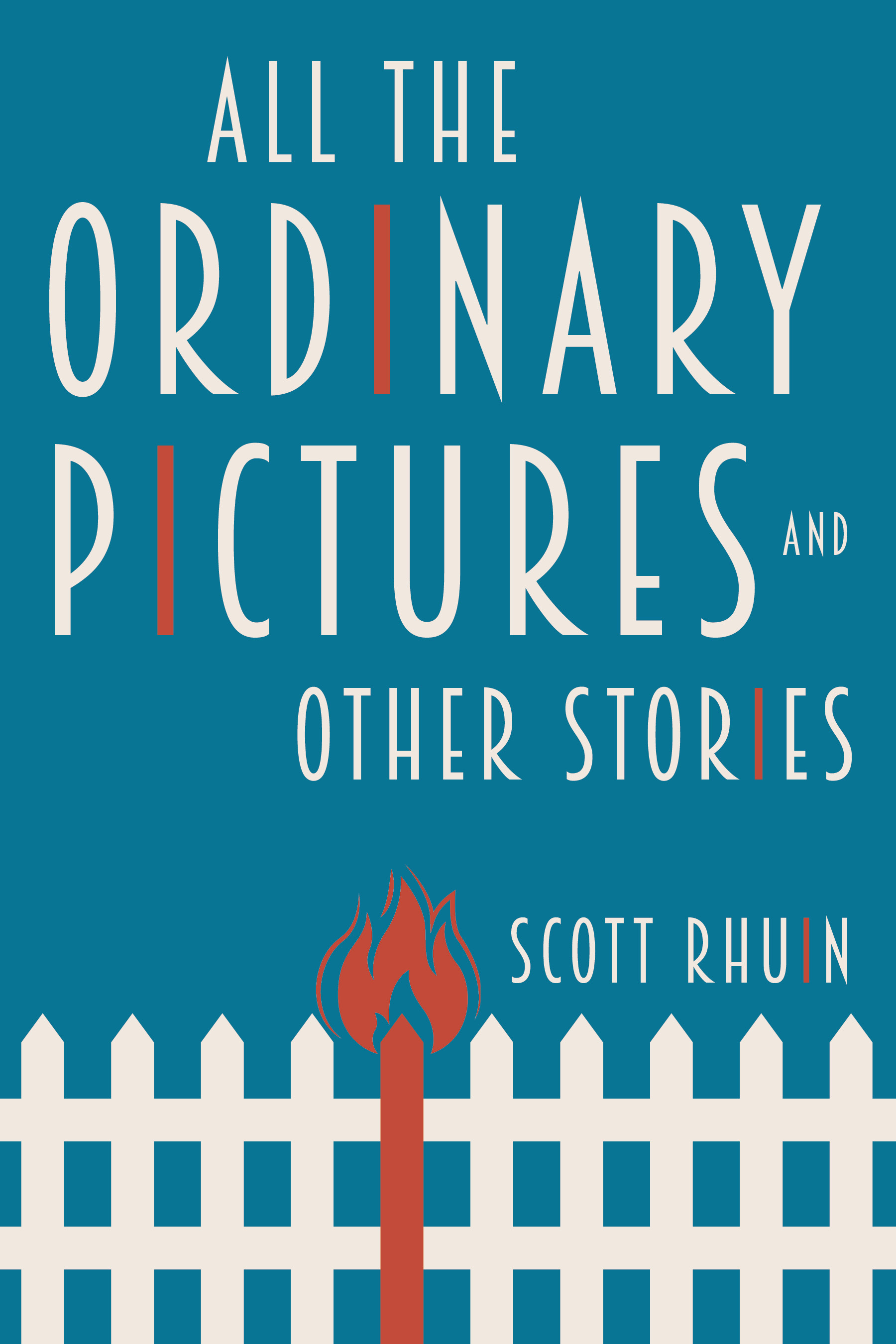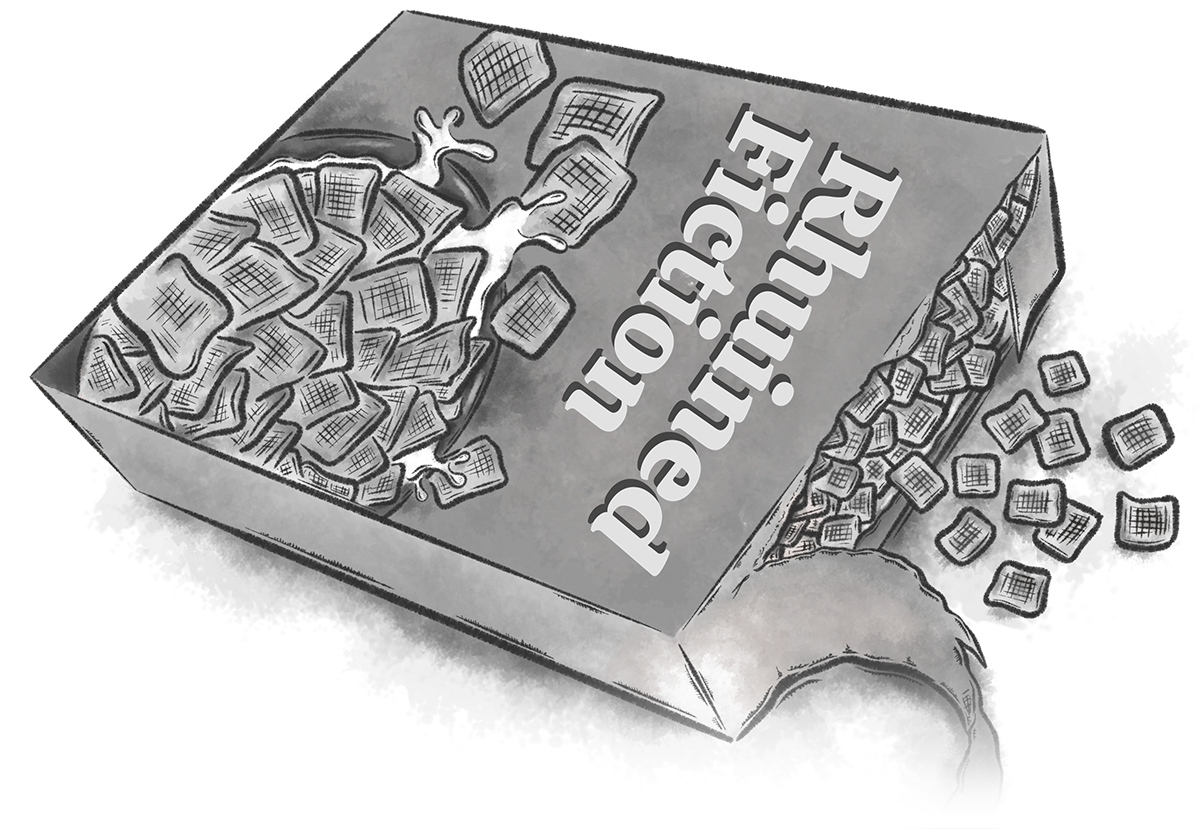The Rhuins
Trivia/Facts about ATOP&OS

Breakfast at Night
Breakfast at Night originated as a scene in a book I wrote years ago. I killed the book (for many reasons), but I always thought this small story of Jesse Riley and his father on a critical evening in Jesse's childhood was a good, standalone piece. I extracted it before the book found its final resting place in a dusty attic, where it's languished for over a decade. Despite Breakfast at Night's endearing nature, the book was a very dark, psychological thriller dancing on horror, in which young Jesse Riley grows up to be a serial killer in the midst of losing his business.
Love & Rascal Tinner's Jukebox
If you've ever been to a small-town bar, you've been in Rascal Tinner's Pub. Writing this story, I was constantly reminded of a place my parents used to take me to when I was growing up. I don't remember its name, but it was tucked away on a wooded road not far from my uncle's cottage, where we vacationed a few weeks every summer. The bar had black-painted plywood floors, served two kinds of cold-ish beer (Pabst and Budweiser), and was smokier than a speakeasy. The waitresses wore cutoff shorts and tight shirts and served the best twice-baked potatoes you've ever had, good stomping grounds for a kid about to start developing his musical tastes. In the corner of the bar was a jukebox. Glass-domed top, a solid ribbon of 45s inside, great hawkers like Bowie, Springsteen, Benatar just waiting for the needle to drop. And there was always a pretty girl with change in her pocket, skimming the glass with a bright-red fingernail ready to bring those great singers to life.
Love & Rascal Tinner's Jukebox originated from my far-off memories of summer evenings spent in this bar, where the jukebox was the cornerstone of its business and the music it played its lifeblood. Where people gathered and danced and laughed and loved. Mostly loved.
The Deadwoods
This story was originally called Lifting Limbs. It was a submission piece I sent in to a spiritual magazine years ago. The magazine rejected the story, which was fine. It was my one attempt at writing something inspirational, but I'm not a very inspirational man. So, here you have The Deadwoods.
Dust
The Ages is really about a question I’ve considered at length and, as a reporter, take seriously: What would it be like for a reporter’s life or career to “flash before his eyes?” I’m talking about integrity and the reckoning of same, a tables-have-turned story. In my years as a journalist and photojournalist, I like to think I've done a fair job presenting people and their circumstances to readers. However, in terms of reporting, Truth is a very malleable thing and can be shaped to inflame a situation even by accident. It scares me sometimes when I think about moments I may have done this, despite my better intentions. In journalism, your error is someone else's consequence. But such is life, too. And unless one is very careful, living can be a job of building ghosts.
